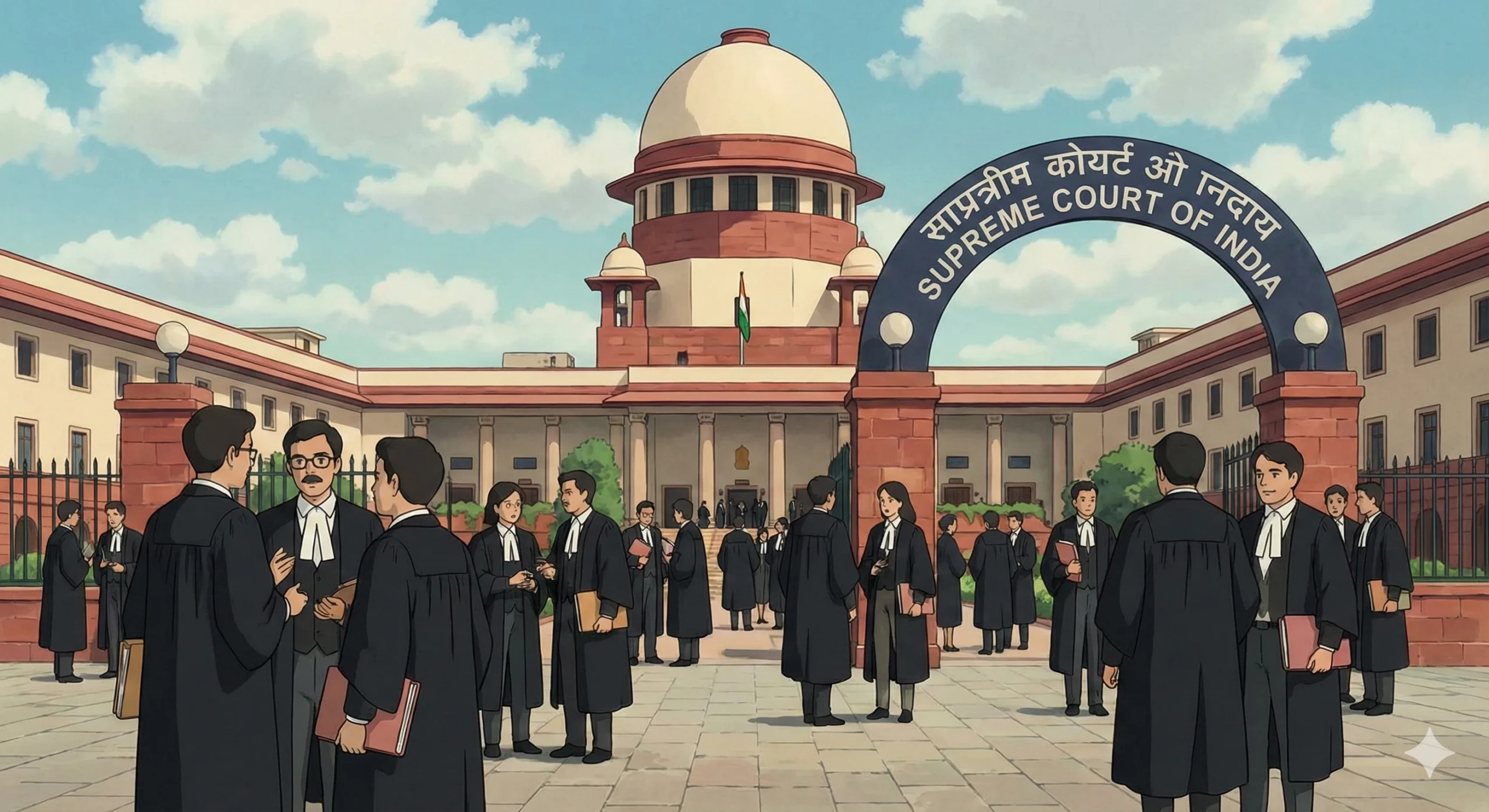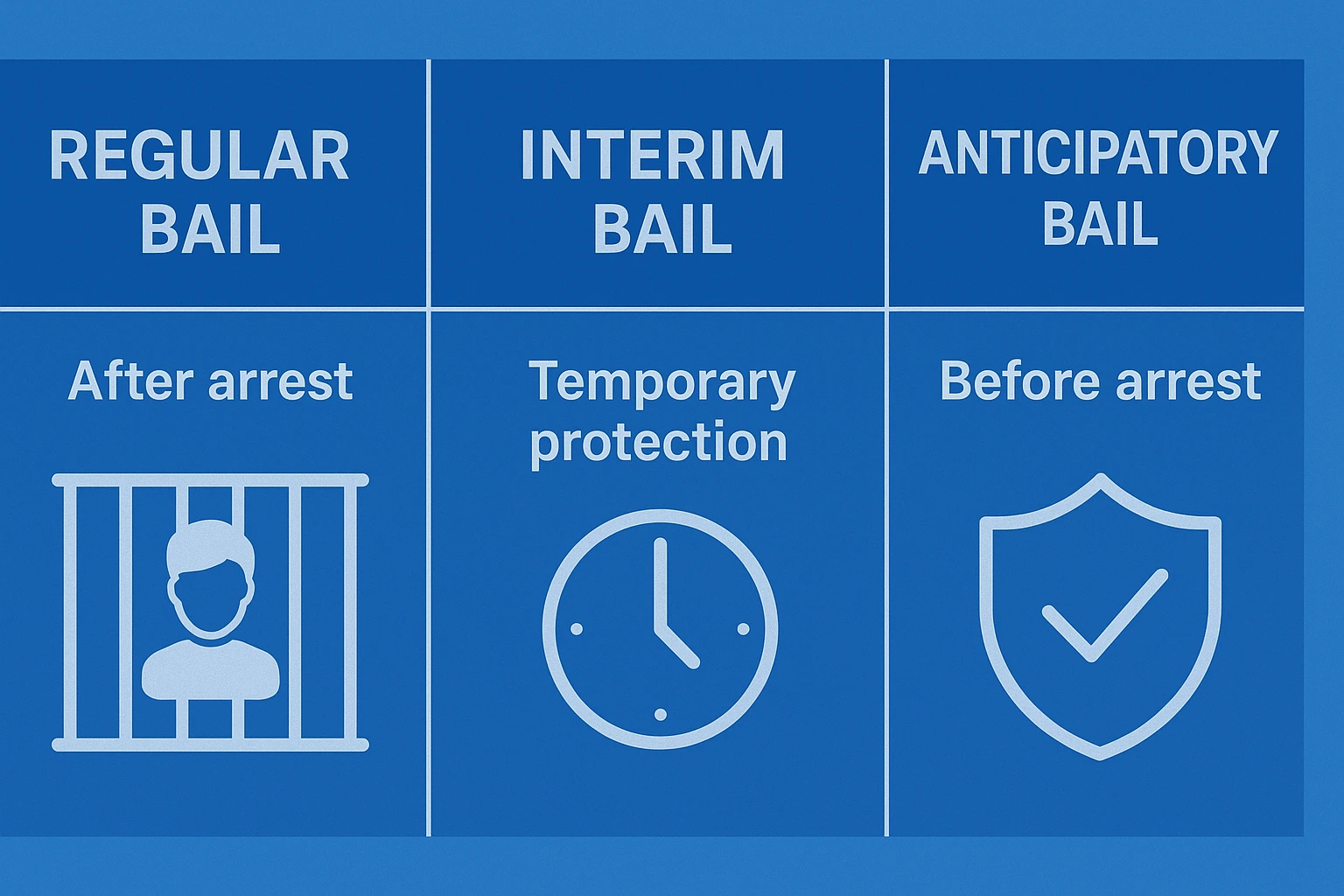
Reservation in Promotions: Roster Point & Carry-Forward Rule Explained
Introduction
Reservation in promotions continues to be one of the most litigated aspects of service jurisprudence in India. Issues such as how roster points operate, when reservation can be applied, and whether unfilled reserved posts can be carried forward often cause confusion among government departments and employees.
This article explains the Roster Point System and the Carry-Forward Rule in a simple, practical manner, with reference to key Supreme Court judgments.
1. Constitutional Basis of Reservation in Promotion
Reservation in promotions derives from:
- Article 16(4) – empowers the State to make reservations in appointments/posts.
- Article 16(4A) – specifically enables reservation in promotions for Scheduled Castes (SCs) and Scheduled Tribes (STs).
- Article 16(4B) – allows carry-forward of unfilled reserved vacancies.
However, these provisions are enabling, not mandatory. The State must justify reservation in promotion using quantifiable data.
2. What Is the Roster Point System?
The “roster” is a post-based reservation system used to determine at which point a reserved-category candidate is eligible for promotion.
Key Principles:
- Roster is applied on posts, not vacancies.
This was clarified in R.K. Sabharwal v. State of Punjab, where the Court held that once the reserved quota is filled, further appointments/promotions of reserved candidates cannot be justified under reservation. - Every roster point has a category assigned.
For example, in a 100-point roster:- Point 1 – General
- Point 7 – SC
- Point 14 – SC
- Point 26 – ST
and so on.
- Promotion eligibility depends on which roster point is being filled.
- Seniority is considered within the feeder cadre, but promotion is allowed only when the next roster point demands that category candidate.
3. Carry-Forward Rule Explained
The Carry-Forward Rule becomes relevant when a reserved roster point cannot be filled due to non-availability of eligible candidates.
How It Works:
- If a reserved category candidate is not available, the post
- remains unfilled, and
- is carried forward to the next recruitment year.
- In the next cycle, the department again tries to fill that point with the same category.
- If still no eligible candidate is available, some rules permit “de-reservation,” but this requires specific government approval.
- Article 16(4B) allows these carried-forward vacancies to not be counted towards the 50% ceiling of total reservation.
However, courts emphasize that carry-forward cannot convert the reservation system into a quota beyond constitutionally permissible limits.
4. Supreme Court Clarifications on Roster & Carry-Forward
A. M. Nagaraj v. Union of India (2006)
A landmark judgment requiring:
- Quantifiable data on backwardness.
- Data on inadequacy of representation.
- Administrative efficiency assessment under Article 335.
B. Jarnail Singh v. Lachhmi Narain Gupta (2018)
Reaffirmed Nagaraj, but simplified implementation—no need to prove “backwardness” of SC/STs again.
C. Recent Clarifications
Newer judgments have emphasized:
- Roster starts from the date of introduction, not retrospectively.
- Reservation applies only when proper data collection and cadre-wise analysis are done.
- Carry-forward is permitted but cannot violate the 50% rule unless justified under Article 16(4B).
5. Practical Example for Government Departments
Let’s say a department has 10 promotional posts and the approved reservation percentage is:
- SC – 15%
- ST – 7.5%
Step-by-step application:
- Prepare a post-based roster of 10 points.
- Allocate the roster points (e.g., Point-3 = SC, Point-7 = SC, Point-10 = ST).
- When Point-3 promotion is due, only SC candidates are considered.
- If no eligible SC candidate is available:
- Leave the post unfilled;
- Mark it for carry-forward;
- Re-examine eligibility in the next year.
This ensures reservation is maintained without impacting cadre seniority improperly.
6. Common Misunderstandings Clarified
❌ Misunderstanding 1:
Reserved candidates can be promoted at any time based on seniority.
✔ Truth: Promotion depends on roster points, not just seniority.
❌ Misunderstanding 2:
Unfilled reserved posts can be given to general candidates.
✔ Truth: Only after procedural de-reservation approval.
❌ Misunderstanding 3:
Carry-forward means permanent reservation.
✔ Truth: It is limited and subject to constitutional constraints.
7. Why Proper Roster Maintenance Is Crucial
- Prevents illegal promotions
- Avoids unnecessary litigation
- Ensures correct implementation of reservation
- Protects the rights of both reserved and general candidates
Many challenges before High Courts stem from poorly maintained rosters or incorrect application of carry-forward rules.
8. Related Articles
For more in-depth guidance on employee service law, visit:
- 🔗 How to Challenge Suspension Orders Under PCS Rules
- 🔗 Charge-Sheet & Departmental Inquiry: Rights of Employees
- 🔗 Transfer in Public Service: Guide on Illegal & Malafide Transfers
These articles help employees understand procedural rights and departmental obligations.
Conclusion
The law on reservation in promotions, particularly regarding roster points and the carry-forward rule, is now well-settled. Departments must adopt a post-based roster, follow cadre-wise data collection, and implement carry-forward strictly as per constitutional limits.
For employees, understanding these rules helps in evaluating whether a promotion order or denial is legally justified.



Comments (0)